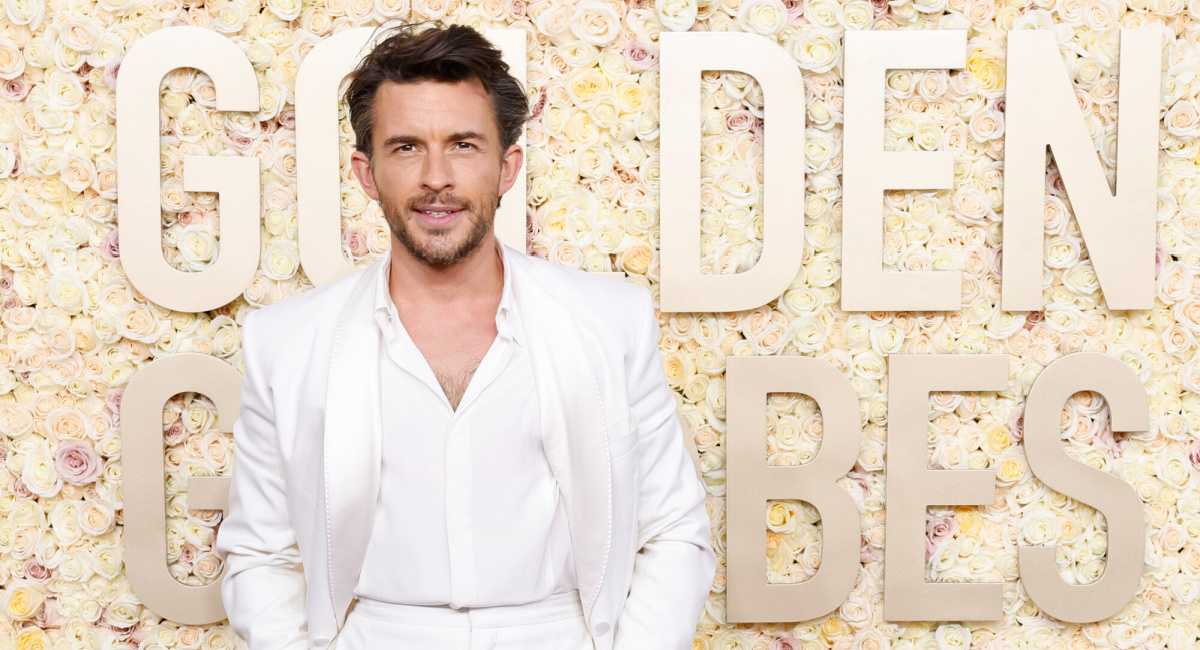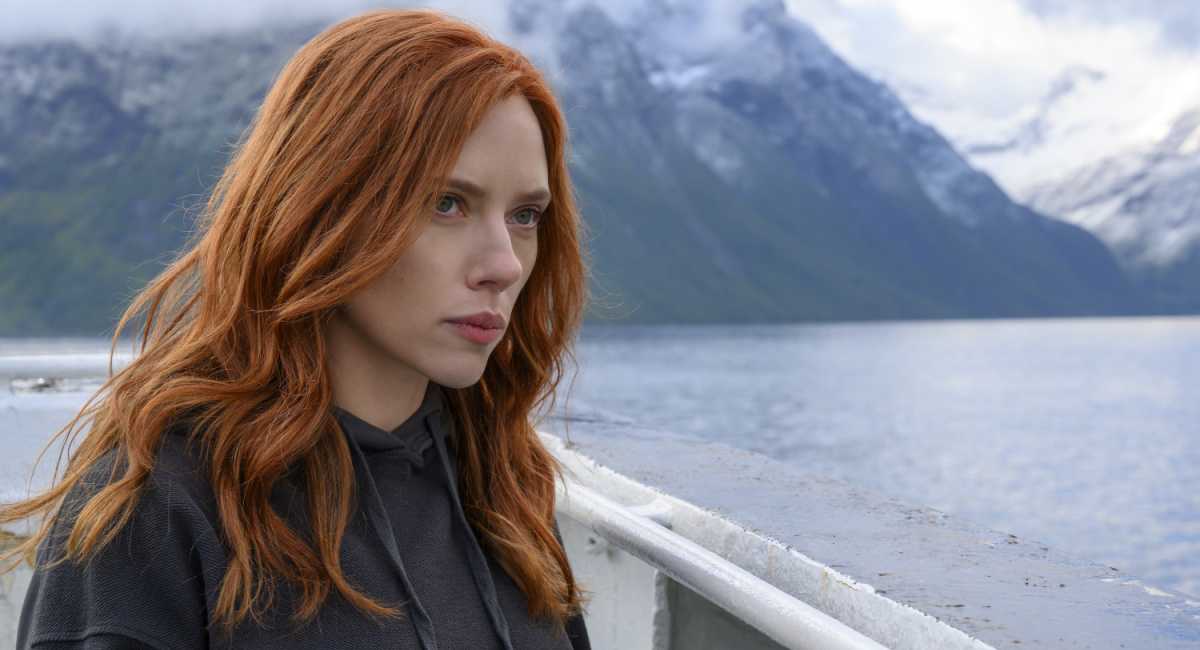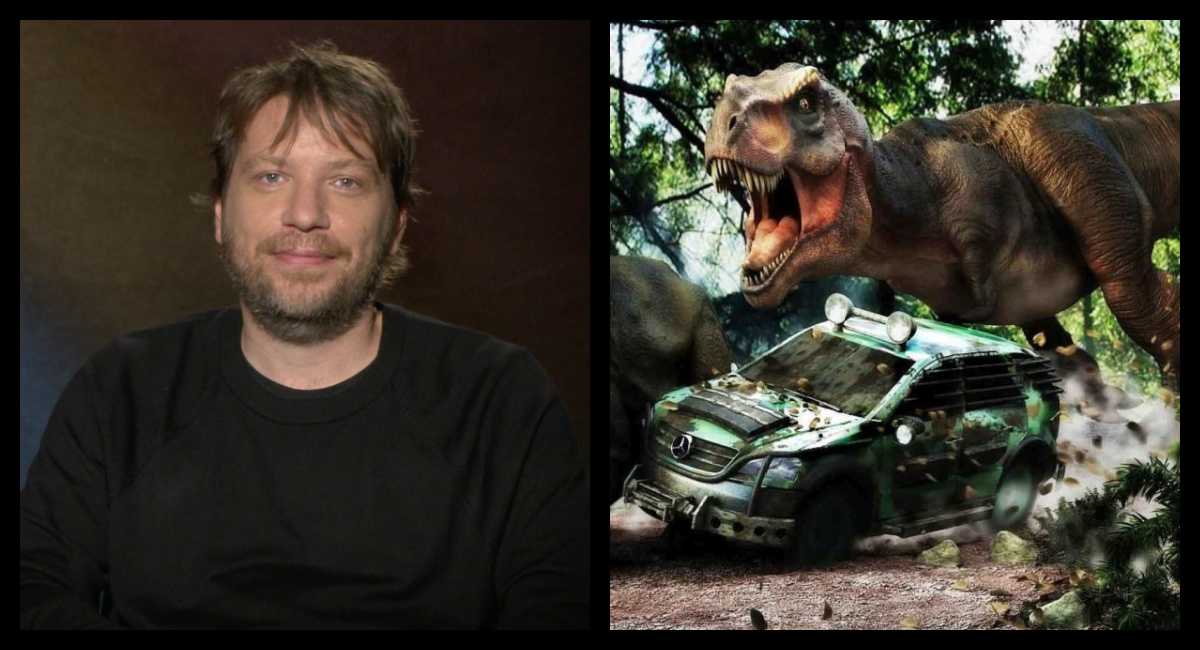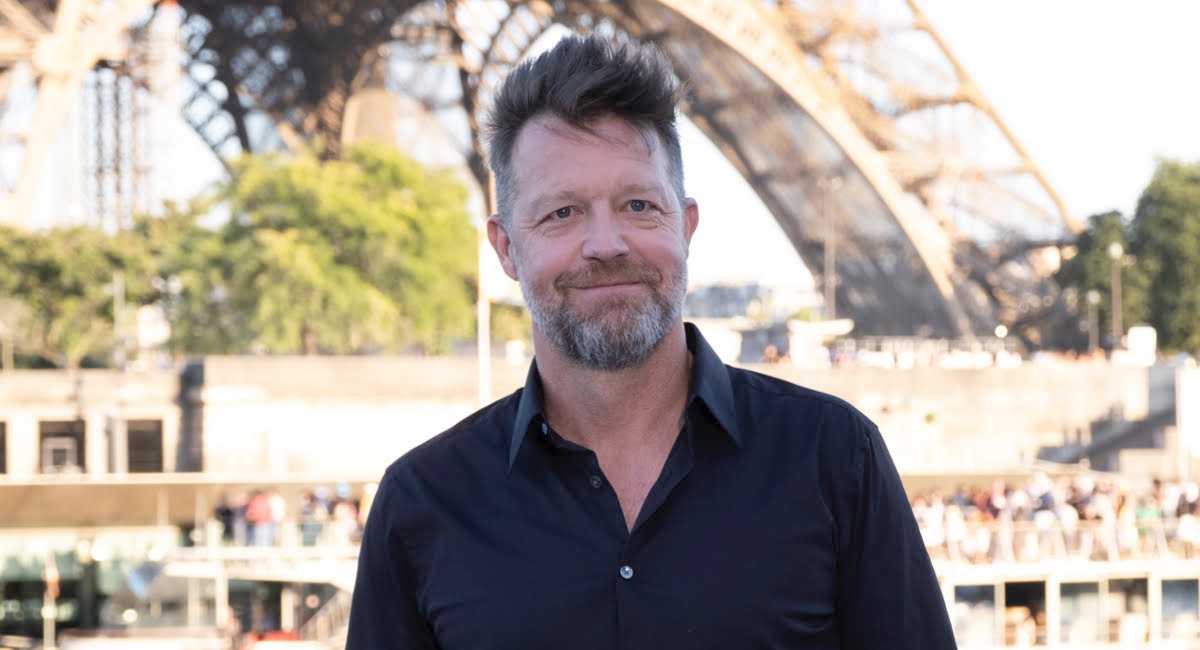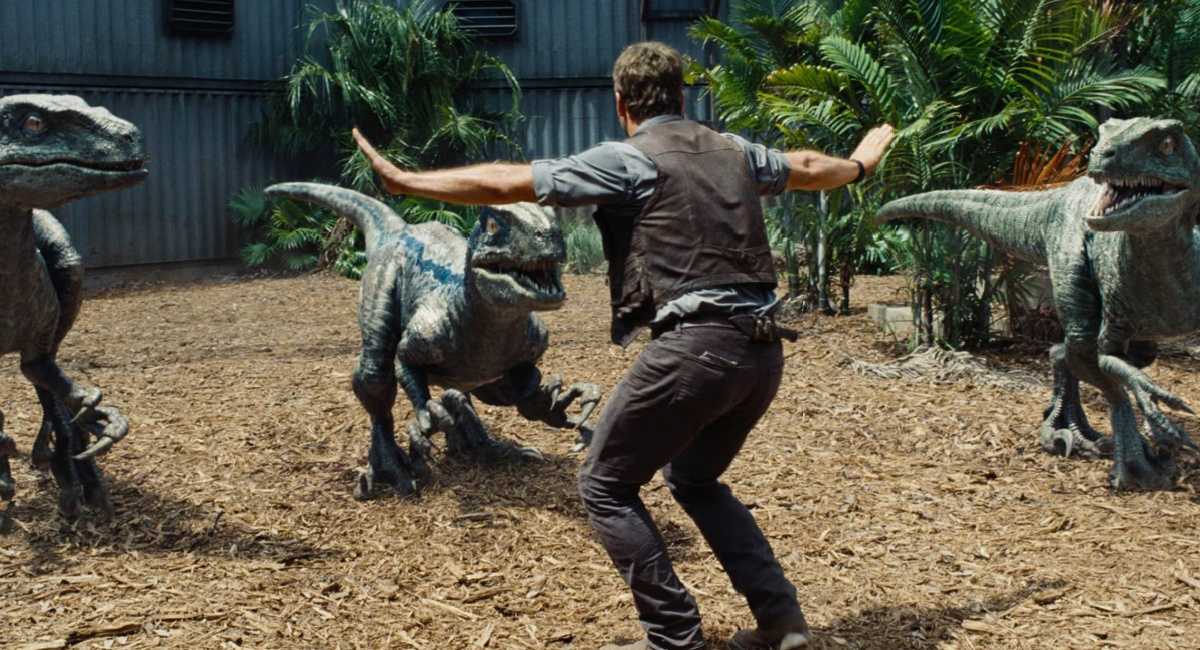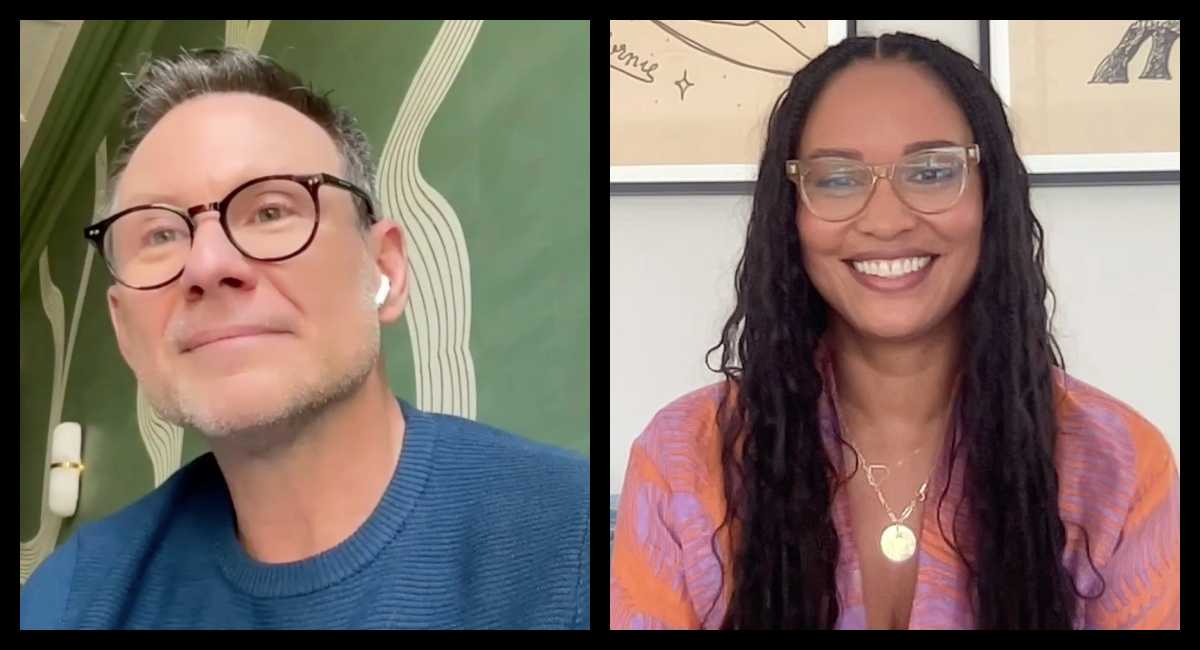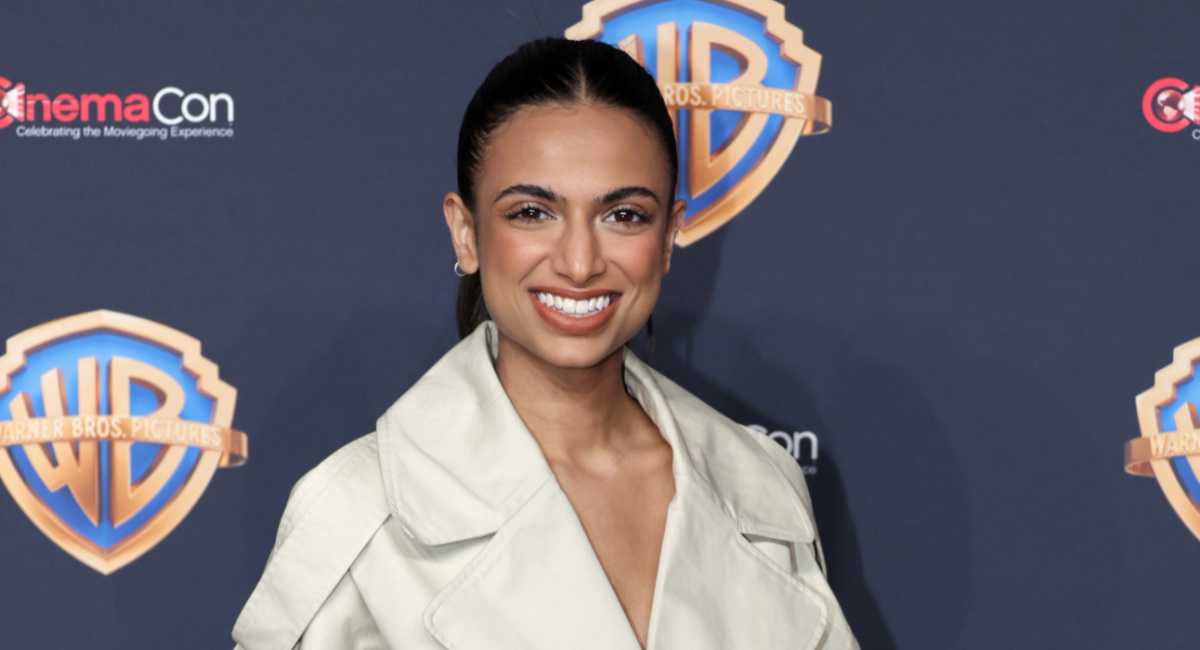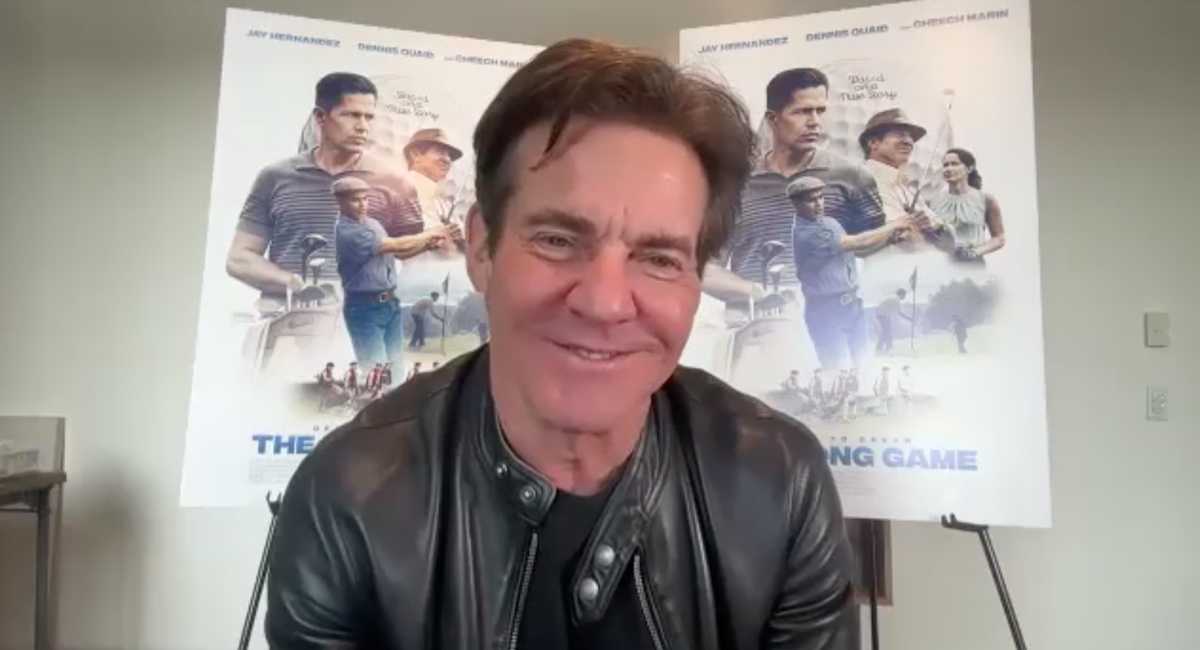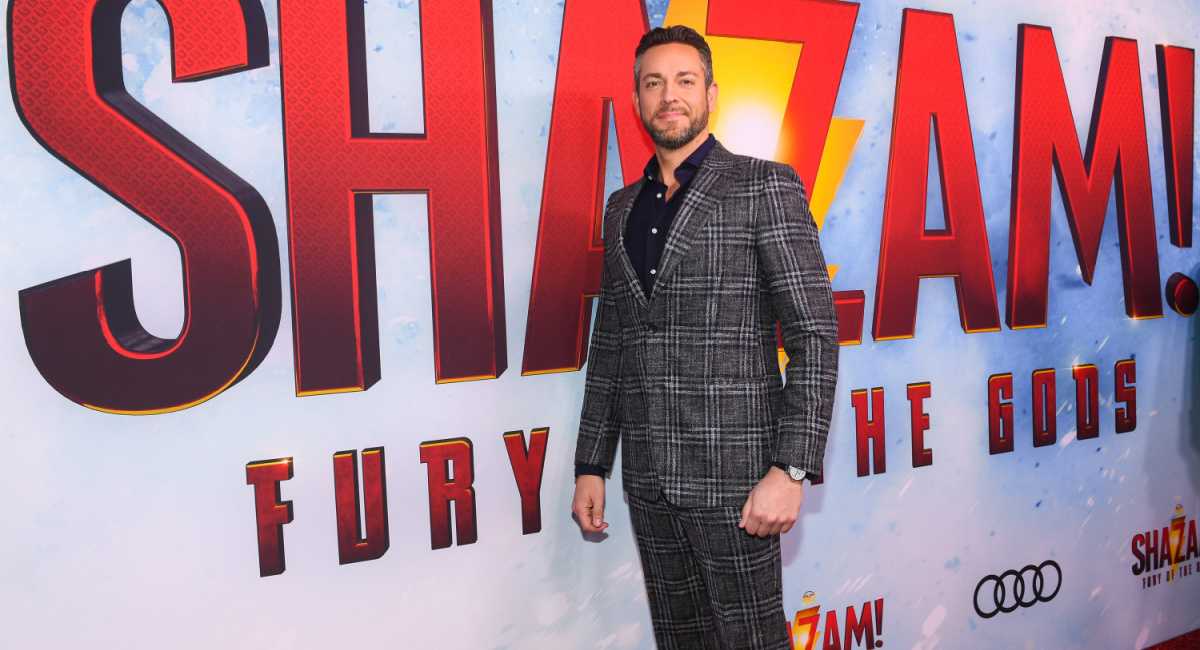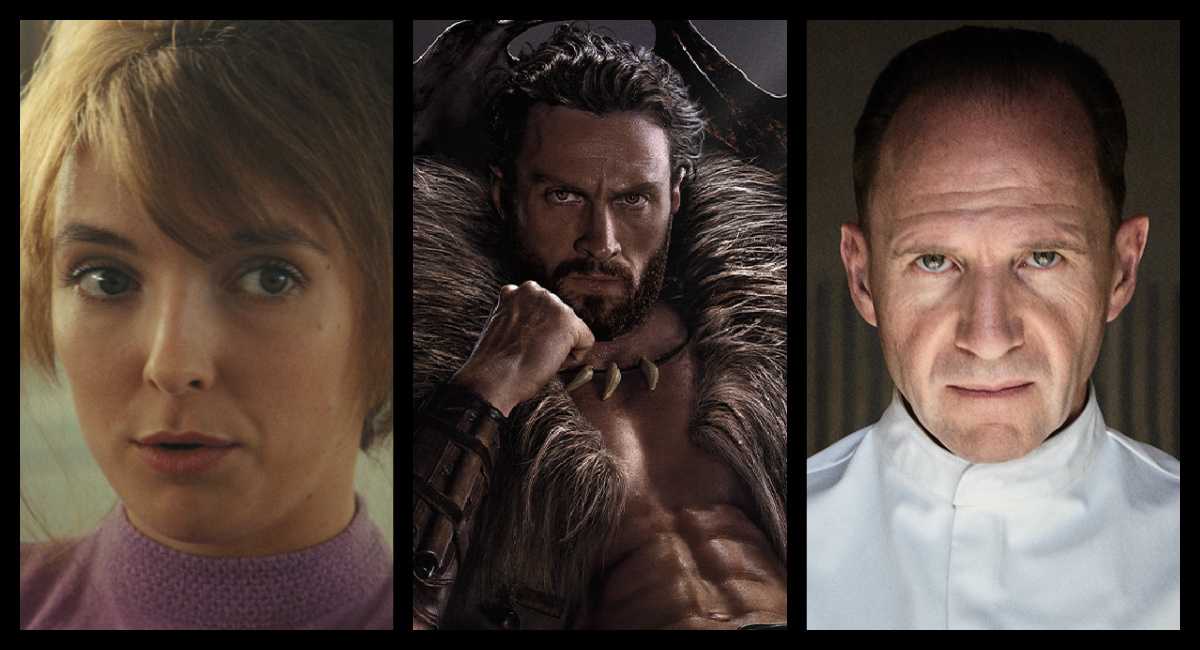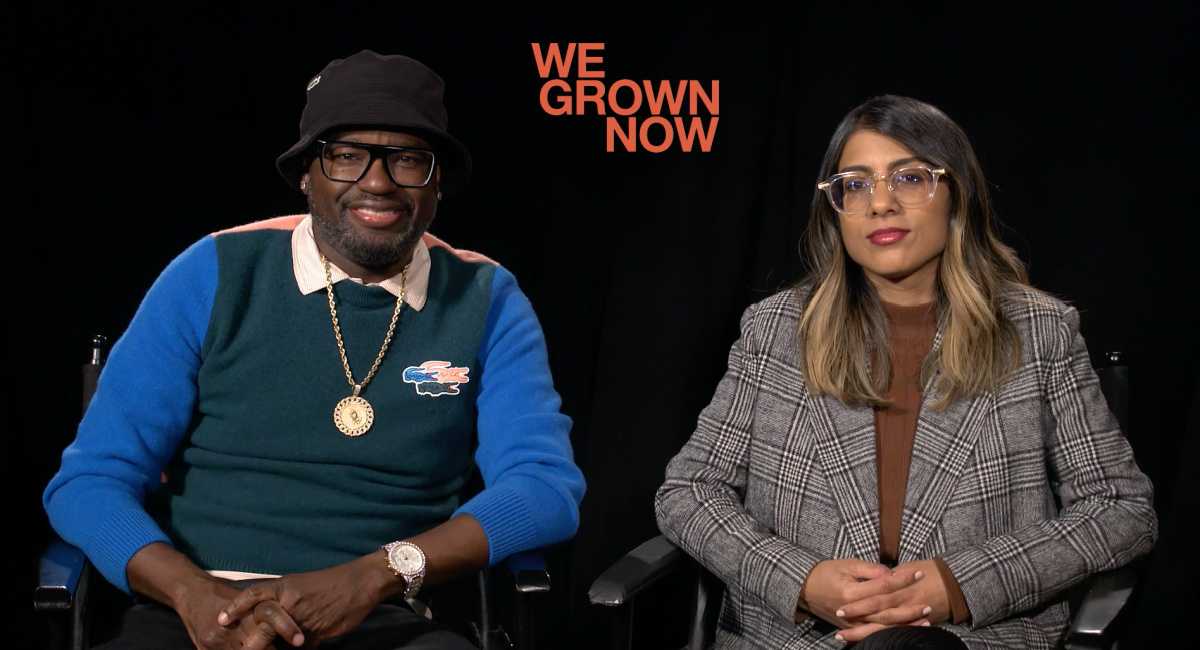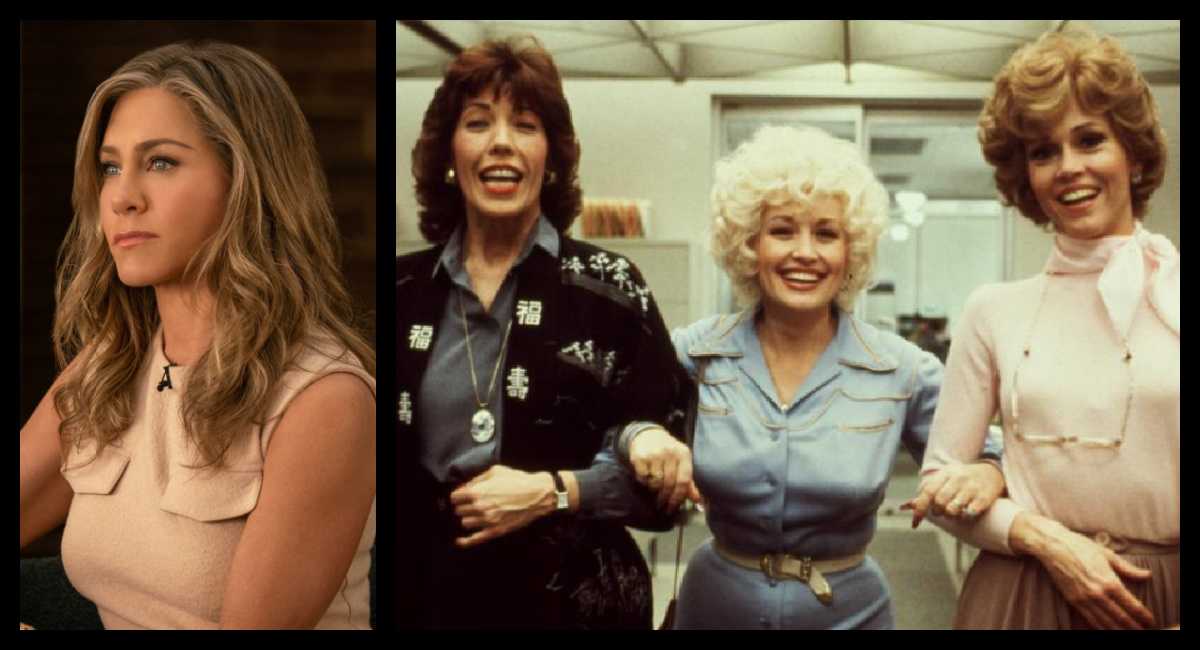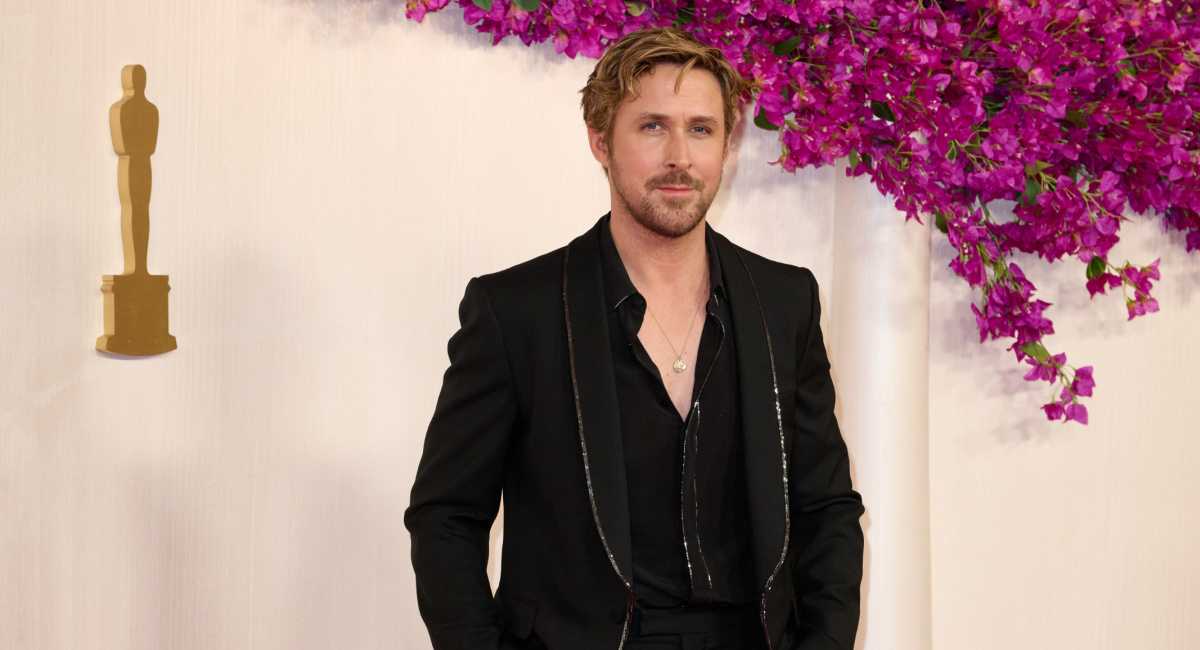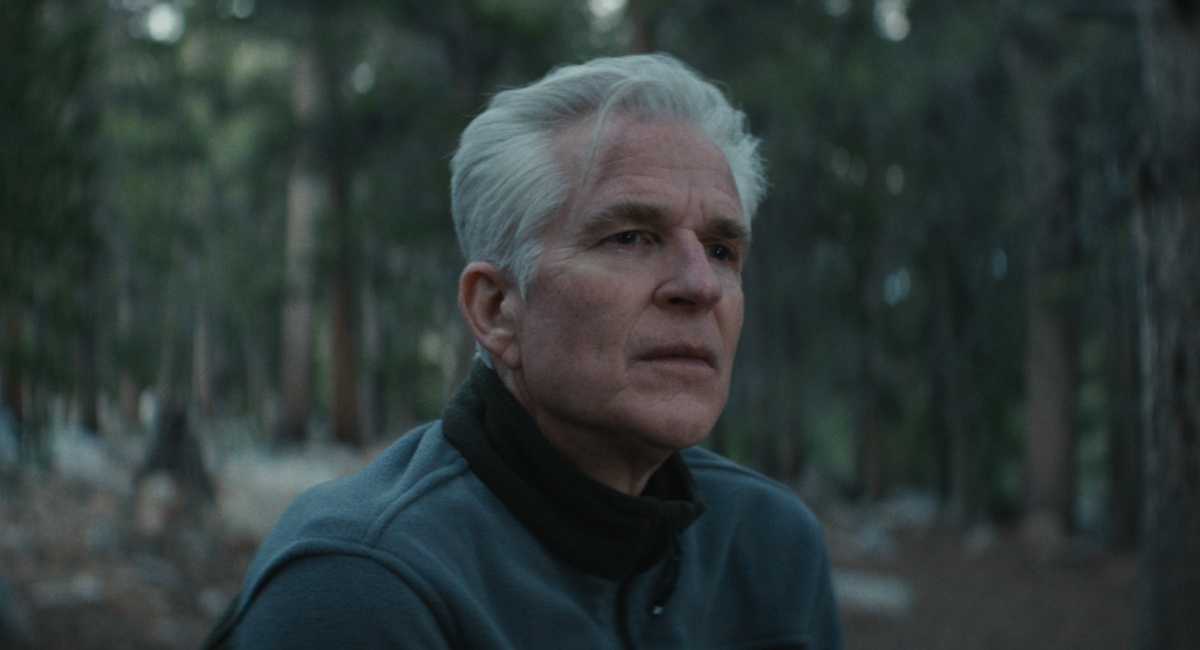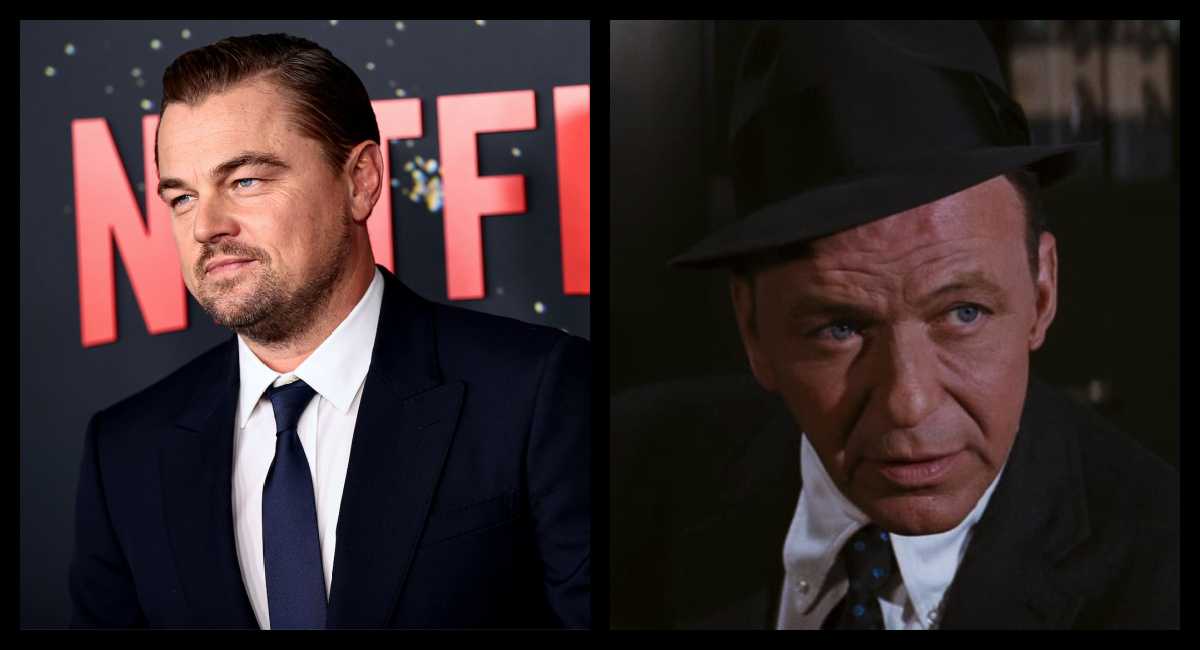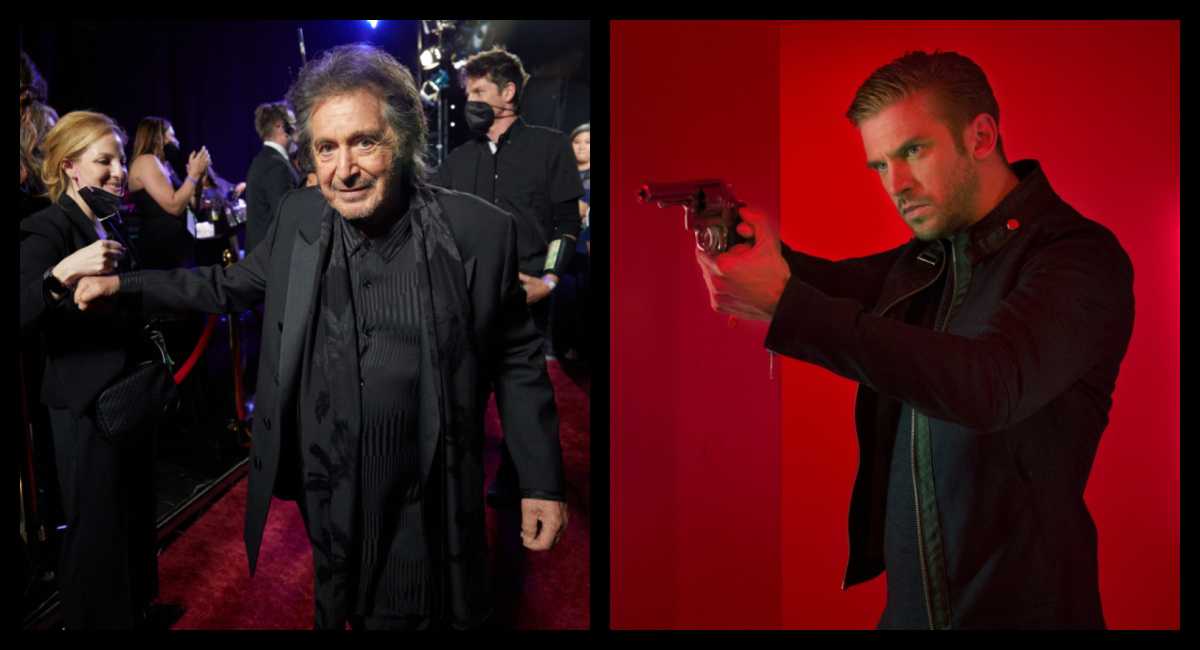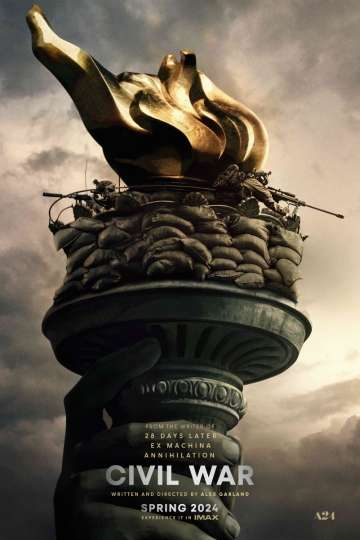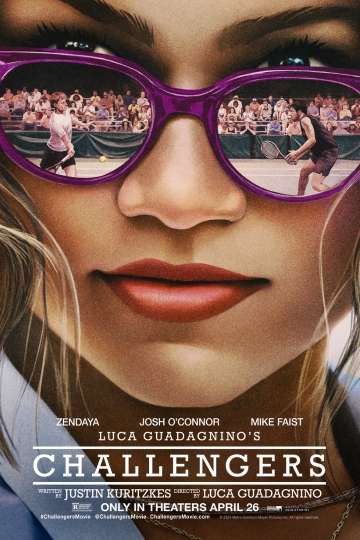Producer Frank Marshall Teases Next 'Bourne' Movie, 'Jurassic World 2,' and 'Indiana Jones 5'
Frank Marshall knows how to turn films into franchises as effectively as Jason Bourne knows how to turn the contents of any given room into deadly weapons.
With over four decades of producing films to his credit, Marshall occupies a rarefied status in Hollywood thanks to his role in shepherding mega-hit franchises to the big screen -- a blockbuster list that includes all four (and counting) Indiana Jones movies, the "Back to the Future" trilogy, two "Gremlins" films, the modern "Jurassic World" series and, of course, the Jason Bourne franchise, not to mention his storied and ongoing association with Steven Spielberg across many of that filmmaker's iconic canon, as well as career high-water marks like "Paper Moon," "Who Framed Roger Rabbit?," "The Sixth Sense," "The Curious Case of Benjamin Button" and, most recently, "Sully."
With "Jason Bourne," the latest entry in the Bourne filmography, now available on DVD and Blu-ray, Marshall joined Moviefone to discuss the philosophies behind bringing Rubert Ludlum's reluctant operative back to the multiplex, updates on his future installments in the Indy and Jurassic franchises, making a move to the small screen in the age of peak TV, and even making a bid for applause on Broadway with a forthcoming musical using the margarita-soaked melodies of his longtime friend, Jimmy Buffett.
Moviefone: What are you thinking, big picture, now that you know that audiences are still hungry for "Jason Bourne," seeing how the film performed all over the world. Where are you guys now in your thinking process?
Frank Marshall: We're still in the infant stages of discussing what we're going to do next, but certainly, I think we took the opportunity here to give ourselves a lot of options at the end of his one, to expand the world. We have several new characters that are operating, both in the world of the CIA, but also in the world outside, and big business, and cyberspace. So I think we want to stay current, but we're probably going to look to expand the world.
When it came time to return to "Bourne," you obviously have a wealth of experience building out and sustaining franchises, but what was the biggest challenge that you faced, in particular, on this one to make sure that the franchise was going to go forward successfully?
The big challenge that we have is really how to keep the character of Bourne going, which is, how do we get him back into the fray? Certainly, he was living, when the movie opens, he's just still trying to find himself and find a life that he can live, even though he's tormented by his past. So it's always that question of how do you get him back? So we thought that the cyber warfare that's going on now was a good reason to tap into that again, and then with the idea of Nicky being the conduit to get him back into the fray.
Do you have a list -- whether it's mental or actually written down -- of what a "Bourne" movie is: the ingredients that a "Bourne" movie should always have and the things that it should maybe avoid going into? Is there a master template for making a "Bourne" movie?
Well, no. There's a couple of elements or ingredients that we always look towards. One is the realism and the grittiness of the movie. We do like to go to real locations and not just either CG them or fake them. Again, on this movie we were in five or six different countries, as we were on all the rest. We also, we have this element of a flashback where Bourne flashes back on previous things to help us tell his story.
One of our signature elements are the fights that Bourne has and using everyday objects to figure out things. There are a few of those elements that we always look for. Plus, I think you can look back on all of the movies and say we've had extraordinary supporting characters in the movie, wonderful actors and actresses that give it that signature feel. It's not just the same characters in every movie, like they do with "Bond," but they're different, new characters, for example Riz Ahmed, Alicia Vikander, and Tommy Lee Jones in this one.
It would be easy to underestimate Matt Damon's contribution because the character is so minimalist, but I want to hear from you why Matt is so integral to the success of the "Bourne" franchise.
I think he's the perfect spy. He looks like your college roommate, and he doesn't look like he can hurt anybody, and he's very empathetic. So the audience is really sympathized with his place where he doesn't know who he is. I think that's a really cool problem that they want to see him try and solve, even though they think that he's this nice guy, but he's actually an assassin. That's a conflict they want to see him work out. But he's just this wonderful actor and, as you said, he doesn't have a lot of lines. So he has to do it in his actions and the way he behaves.
What has it meant for you, throughout your career, to be able to take characters like Jason Bourne, who existed on the page, and like Indiana Jones, which was a cinematic creation, and have made a good run at creating and shepherding characters that are going to exist in the pop culture imagination for decades to come, like James Bond and Sherlock Holmes and Tarzan. What has that accomplishment meant to you?
I'm a storyteller. I love telling stories. Certainly, the fact that these characters are enduring, and keep on going, and people love them is a great feeling because I think, as you get to know them, they become like security blankets. When you're flipping to the channels, and there's Jason Bourne in "Bourne Supremacy," you want to watch him. So it's nice to have been able to be a part of creating these characters and making them feel comfortable for people.
You've certainly had a tremendous impact on today's filmmakers from your amazing body of work with all of the different filmmakers you've worked with. Give me a sense of how you feel about that, when people tell you how much certain movies that you made have meant to them and have influenced them, professionally and creatively.
My first reaction is it makes me feel old! But I don't feel old -- I feel young. I feel like I was when I was making those movies. It's a thrill because we love making movies. I always have, and to have it as entertainment, and to have the audience or people say that they appreciate the movies that I've made is a great feeling because that's the ultimate compliment. That's why I do it. I'm an entertainer. So that's a roundabout way of saying I love it.
I know that you're in the early stages of a new "Indiana Jones" movie. Can you give me a sense of where you are in the development process right now?
Just the early stages. David Koepp is our screenwriter and we're all talking, but there's really nothing down on paper yet.
What has you creatively excited about returning to that character?
Again, it's just the team. It's a wonderful team like we had on "Bourne." It's nice to have your friends that you've known. Look, I've known Harrison [Ford] and obviously Steven {Spielberg] and the whole group for 30 years now. So it's nice to have everybody back together as kind of a reunion.
Are you intrigued to see how Harrison rises to the challenge of reprising that role and the physicality of it at this stage of his career?
Listen, I watched him in "Star Wars [The Force Awakens]," and I don't think he's going to have any problem!
Probably a little further along in development is the next "Jurassic World" film. Give me a sense of where you are with that.
I'm excited about that one. We're much further along. Actually, we start shooting in February in London. But I'm excited by the filmmaker, Juan Antonio Bayona, and what his take on the franchise and on the world of "Jurassic" is going to be. He's an exciting young filmmaker, and a lot like Colin Trevorrow was, he's an extraordinary filmmaker, but also a fan. So it's going to be nice to see what he comes up with.
Do you have a sense of how he is continuing what Colin set up, and how he is making it his own?
Well, yes. He's very meticulous in his preparation and in his doing storyboards and pre-viz, and he's a real shooter. If you've seen his other movies, you know that he has a dark side to him as well. So I'm kind of excited about what he's going to bring to the franchise.
You've got some projects headed to television. Can you talk to me about the TV projects that you've got lined up right now?
Yeah, we're developing a couple of things at CBS that we're kind of excited about, and a couple of documentaries that we're doing that are either going to be on cable or released and on something like Netflix or Amazon. So we've got a lot of things going.
Do you have any of your film franchise properties that you're interested in bringing to TV, either in a direct way or with a bit of a twist or a tie-in kind of a way?
No, we talk about it all the time, because it's just a nice new opportunity to tell a story in a different way. Was just, last night, [were] looking at "Goliath." I don't know if you've seen that, but there are some great new series, limited series, and series out there. So I think we might be looking at one or two, but I can't talk about them yet.
Obviously, you've had such a fruitful partnership with Steven Spielberg. As he continues forward in his career, what are the kinds of things that you're looking for to keep him on the cutting edge as a filmmaker, the kind of material you're trying to find for him and develop for him?
Well, it's pretty basic. We're always just looking for a good story. Steven has eclectic tastes just like [Kathleen Kennedy] and I do. We made a lot of different movies in a lot of different genres. So I'm just always looking for a good story, and then, hopefully, if he likes it too, he'll have a space in his schedule to try and do it. Our company is there at DreamWorks. So we're talking all the time about new things.
How have the demands of your wife, Kathy Kennedy, running Lucasfilm over the past few years affected your professional partnership, if at all? Are you two able to collaborate as closely as you prefer to, Or does she have her hands full with the Lucasfilm properties?
No, we've had to sort of separate ourselves on the business front. She runs Lucasfilm, and I now run Kennedy/Marshall, but obviously we still talk about things, and we recommend things to each other, and it's the same but different.
What are the goal posts that you still have in your career, the things that keep you getting up and going to work with a smile on your face?
I love the process of this. I branched out now, as the Kennedy/Marshall company makes a lot of documentaries which I'm very excited about, telling real stories. It's different than my day job where I know exactly what I'm doing every day on a movie. But on a documentary, you don't know what could happen every day, and it can do a 90-degree turn like we had on "The Armstrong Lie." So I'm excited about the documentaries we're doing.
I'm also dipping my toe into Broadway. I'm producing a musical based on Jimmy Buffett's music called "Escape to Margaritaville," which will open at the La Jolla Playhouse in May, and then hopefully go across the country and end up on the East Coast somewhere.
That was a project I definitely wanted to ask you about. Tell me about that collaboration with Jimmy Buffett. How did this come about, and what are you hoping to accomplish with it?
We've sort of been dabbling in each other's worlds for many, many years, and love working together. There was an idea tossed around about how we would take his songs -- I think they call them a "jukebox musical" -- and put them into a story that really reflects his lifestyle and his world. A couple of years ago we got a couple of other people who are in the Broadway world that thought that this was a good idea, and we started working together.
It's really the tone of something like "Mamma Mia!" or "Jersey Boys," where we have all the hit songs but they're woven into a story. It is a time when audiences want to forget about the real world and go have a good time, and this is what this musical is going to be -- certainly the world that Jimmy lives in. So it's been really fun, and it's happening!
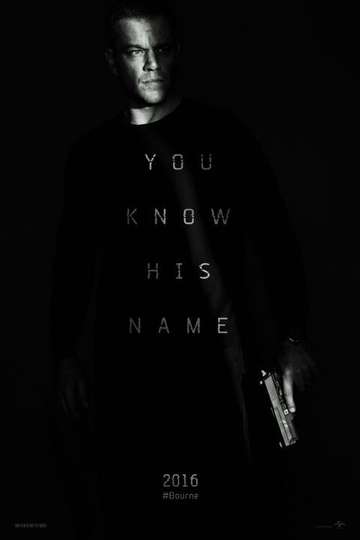
Jason Bourne
The most dangerous former operative of the CIA is drawn out of hiding to uncover hidden truths about his past. Read the Plot
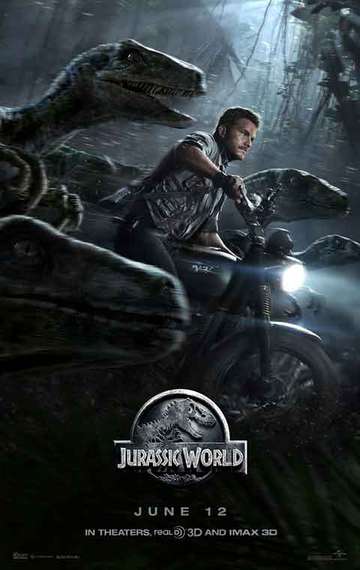
Jurassic World
Twenty-two years after the events of Jurassic Park, Isla Nublar now features a fully functioning dinosaur theme park, Jurassic World, as originally envisioned by... Read the Plot
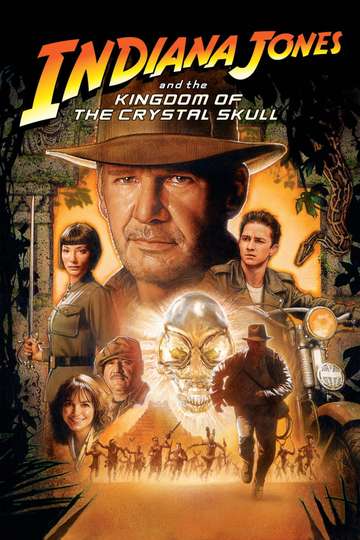
Indiana Jones and the Kingdom of the Crystal Skull
Set during the Cold War, the Soviets—led by sword-wielding Irina Spalko—are in search of a crystal skull which has supernatural powers related to a mystical... Read the Plot


